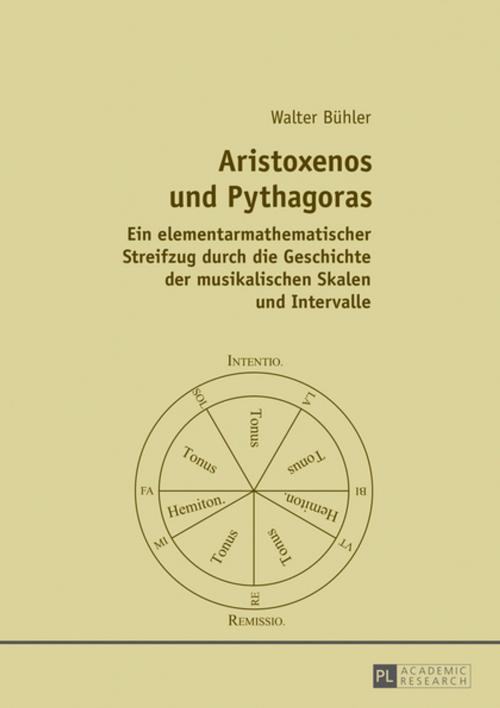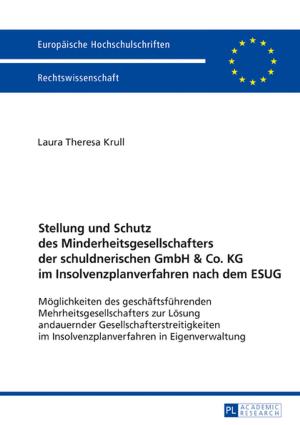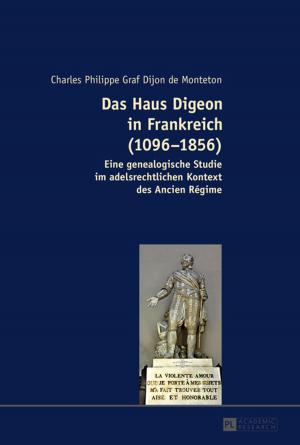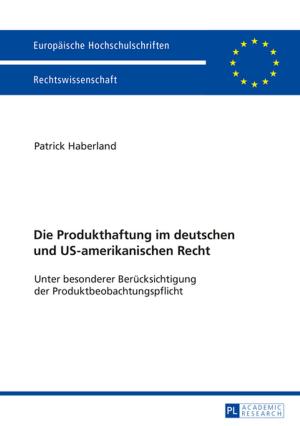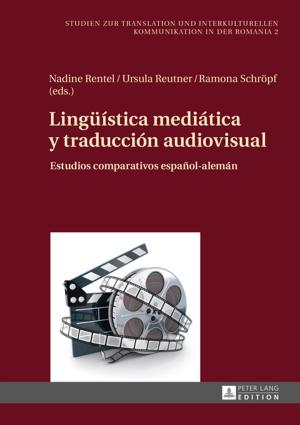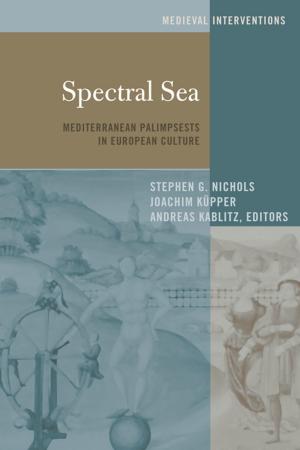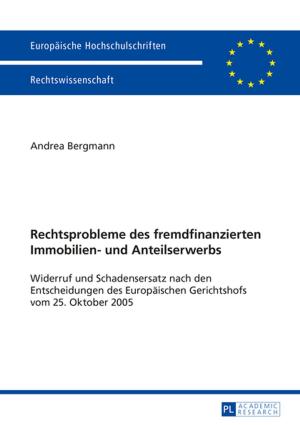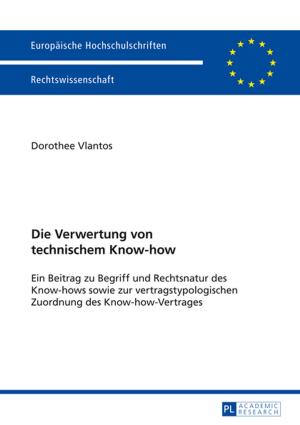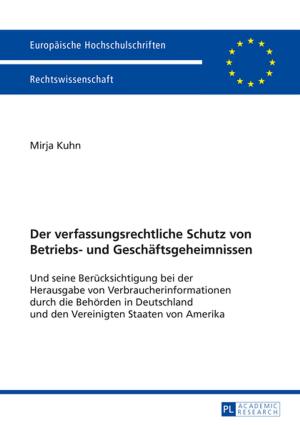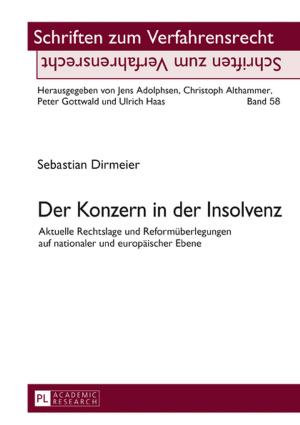On Mysticism, Ontology, and Modernity
A Theological Engagement with Secularity
Nonfiction, Religion & Spirituality, Philosophy, Metaphysics, Christianity, Church, Church History| Author: | Christopher Shaw | ISBN: | 9781787078895 |
| Publisher: | Peter Lang | Publication: | January 17, 2018 |
| Imprint: | Peter Lang Ltd, International Academic Publishers | Language: | English |
| Author: | Christopher Shaw |
| ISBN: | 9781787078895 |
| Publisher: | Peter Lang |
| Publication: | January 17, 2018 |
| Imprint: | Peter Lang Ltd, International Academic Publishers |
| Language: | English |
This new study offers a serious and long-overdue examination of the unstable bifurcation between theology and secularity. Rather than understanding these two formative elements of culture to be in a constant state of opposition, the author chooses an alternative path toward their reconciliation. In this way, a constructive relationship is developed between secular and theological ideas wherein they symbiotically challenge one another in such a way as to create new and/or re-examined opportunities for thinking about God, the world, and, indeed, the self.
The book first of all embarks upon a hermeneutical reading of Meister Eckhart’s defining statement that «Being is God» and ultimately arrives (via Kant, Hegel, Gadamer, Henry, and others) at a mystically informed understanding of God’s presence both in the world and in the «heart and mind» of the human experience – an understanding that defies conventional categories and static cultural identities. It is an important study of the history, the present, and the future of religious thought, presenting a hopeful image of unity and love in a world that has been for too long divided by difference.
This new study offers a serious and long-overdue examination of the unstable bifurcation between theology and secularity. Rather than understanding these two formative elements of culture to be in a constant state of opposition, the author chooses an alternative path toward their reconciliation. In this way, a constructive relationship is developed between secular and theological ideas wherein they symbiotically challenge one another in such a way as to create new and/or re-examined opportunities for thinking about God, the world, and, indeed, the self.
The book first of all embarks upon a hermeneutical reading of Meister Eckhart’s defining statement that «Being is God» and ultimately arrives (via Kant, Hegel, Gadamer, Henry, and others) at a mystically informed understanding of God’s presence both in the world and in the «heart and mind» of the human experience – an understanding that defies conventional categories and static cultural identities. It is an important study of the history, the present, and the future of religious thought, presenting a hopeful image of unity and love in a world that has been for too long divided by difference.
